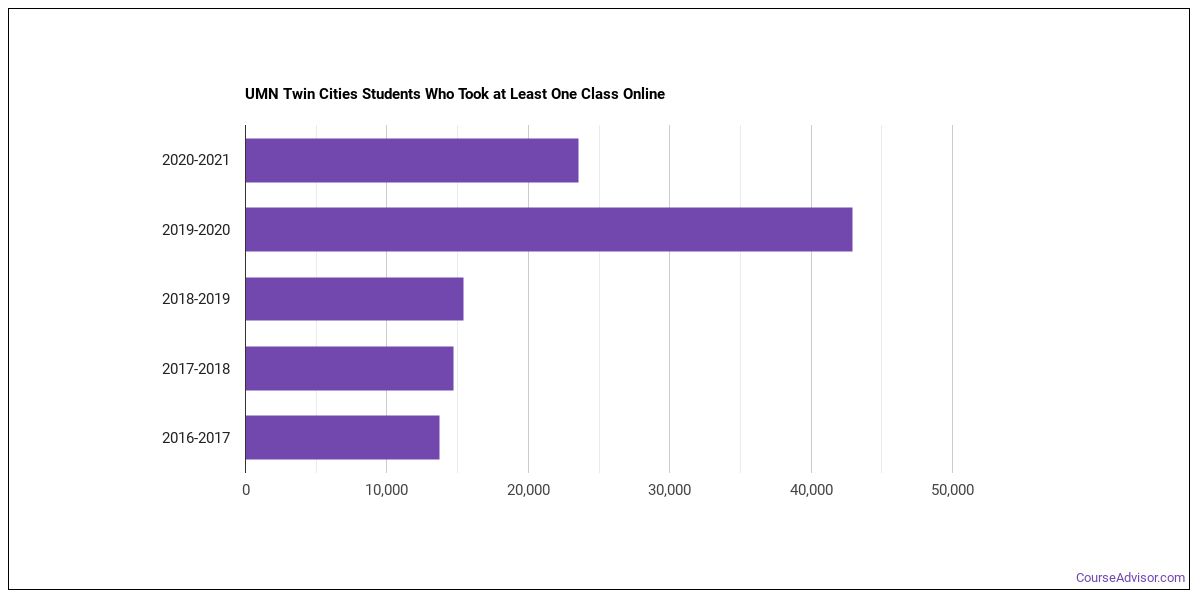

The high ranking would increase the program’s recognition across the University and worldwide, which would allow the program to receive more resources to continue conducting research, according to Travisano. In terms of biodiversity, he said making biodiversity predictions also starts by understanding how it will change based on interactions with the environment. Much of the program’s research is based on not just looking at what happened in the past, but to also understand how the past happened to shape the future, he said.įor example, making predictions about climate change starts by understanding how past changes occur to make a prediction about the future, Travisano said. Travisano said he believes the program’s future-forward attitude makes it stand out from other EEB programs across the world. We do the science and the rankings follow,” Travisano said. “We don’t do the science … for the rankings.

Mike Travisano, EEB department head, said he wasn’t surprised by the rankings but credited the work of researchers and was happy the department was being recognized. The University’s Ecology, Evolution and Behavior (EEB) and management department were in the top 12 EEB was ranked second in the world and management ranked eleventh. The Global Ranking of Academic Subjects is calculated based on the performance of a subject’s research output and influence, research quality, international collaboration and academic awards. The ShanghaiRanking Consultancy is an independent organization that provides information about higher education research and consultation by publishing several sets of rankings every year. The ShanghaiRanking Consultancy released the 2022 Global Ranking of Academic Subjects in July, which ranked several University of Minnesota programs in the top 100 worldwide including library and information science, biotechnology, psychology and mechanical engineering.


 0 kommentar(er)
0 kommentar(er)
